When you’re lost, navigation apps like Waze help you to find your way. They “know” what’s happening up ahead beyond your view, and put you on the right road. Waze adds a special twist beyond conventional GPS, gathering data from other drivers to help you navigate around traffic and construction to the best possible route. For the user, it’s real-time magic; navigation apps collect, integrate and analyze data instantaneously, providing immediate, tangible, decision-making value without users ever thinking about it.
Health data hold the same potential magic, but with the power to do much, much more. By gathering, analyzing and sharing data, we can put greater knowledge in consumers’ hands, enabling them to make informed choices and better direct their own wellness and healthcare journeys. These data can provide a nudge to eat right, sleep on a better schedule and make the right healthcare choices – from remembering to take medications to selecting optimal treatment for disease to understanding new research opportunities.
These tools are on the way to becoming so integrated as to be invisible – much like the data-gathering in Waze. They’re set to improve interoperability, making self-care the new normal.
But before that happens, we need more data. And to get there, we need to get past understandable consumer fears.
While we in healthcare know the potential of shared-data-driven systems to do good, consumer reaction to data-sharing is tempered by well-grounded anxieties – loss of control, loss of privacy, data security. Yet mass participation is essential if we are to shift our lives from sick care to self-care. We need to do a better job of answering the essential consumer questions: “What’s in it for me?,” “Is it safe to share data?” and “Do you have the right to use my personal data to improve your health outcomes, and vice versa?”
The ultimate value is that in your lifetime, you will personally benefit from better understanding of disease, wellness and treatment options. It’s often hard to recognize the truth of this before the moment of personal need. Here are three key obstacles we must address to encourage better sharing to realize the full potential of data, from laboratory to bedside:
Bringing “need” into the now. Willingness to share medical data falls onto a sliding scale: the sicker you are, the greater your willingness to share. Let’s Win for Pancreatic Cancer is an organization that provides patients and researchers a way to share information online on treatments and clinical trials. Usually diagnosed late, pancreatic cancer patients have much to gain by sharing all information and tapping into the clinical trial network’s possibilities.
How do we get consumers to see the value of sharing information before they become sick? That’s a question that the NIH is exploring as part of its “All of Us” research program, which seeks to engage over one million Americans, both sick and well, to share their health data.
Making good on good assumptions. It’s urgent that we unlock consumer willingness. Healthcare infrastructures currently being built on the assumption that health data will be shared will only work if we are generous with our data – and we will only be generous if we have trust and transparency in how our data will be used.
Artificial intelligence is already transforming how we treat preventively, learning from data – not just yours and mine, but that of hundreds of thousands of others. This is leading to better population health forecasting and improved ability to personalize medicine, including better care for chronic diseases, more effective and faster drug trials, a spur to finding new cures, stronger disease prevention and – something every stakeholder hopes for – lowered medical costs.
Soothing privacy concerns. The transformations we hope for will only occur when we confront emerging realities. For example, precision medicine assumes we have the right to use shared medical data. Should that happen with individual permission? Should consumers receive royalties for sharing personal medical information? And if it happens without permission, does the whole machine break down? How do we develop trust between consumers and the managers of the new healthcare data revolution to make it work? This boils down to a core question: Do you have the right to use MY personal health data to improve YOUR health and outcomes?
These privacy concerns also have special considerations for different populations of consumers and patients, especially those who have been exploited or underserved in the past. Tools meant to improve health for all, but which are based on data that lacks diversity, will only exacerbate the very disparities we strive to lessen. Privacy concerns must be addressed for everyone, including those who have unique trust concerns.
These challenges may seem insurmountable, but the fact is that commercial aggregators have been gathering and using consumer data for years. Credit reports attest to the fact that consumers, if not fully embracing the sharing of financial data, have come to rely heavily on the services that it enables and routinely grant permission for sharing of this data to their benefit.
And although there have been problems with data breaches, we can access our own credit report data, correct it, see who reviewed it and if we want more security, lock it. With those systems in check, we have confidence that data is being used for us, not against us.
If consumers can understand the benefits of sharing financial data – not to mention their real-time location and traffic observations – then hopefully we can demonstrate the importance of sharing data for a healthier life. Gathering health information confidentially, anonymously and securely, then analyzing and sharing it, puts more power in consumers’ hands and helps them make better decisions.
That’s when consumers begin to have a personal connection to and a stake in sharing data. That’s when data itself becomes invisible, a tool that works to improve consumers’ health today and for the rest of their lives.
Craig Lipset was head of clinical innovation at Pfizer. Ian Marks is VP, R&D innovation at GlaxoSmithKline.
The post Overcoming the fear factor to advance consumer health appeared first on MM&M – Medical Marketing and Media.










